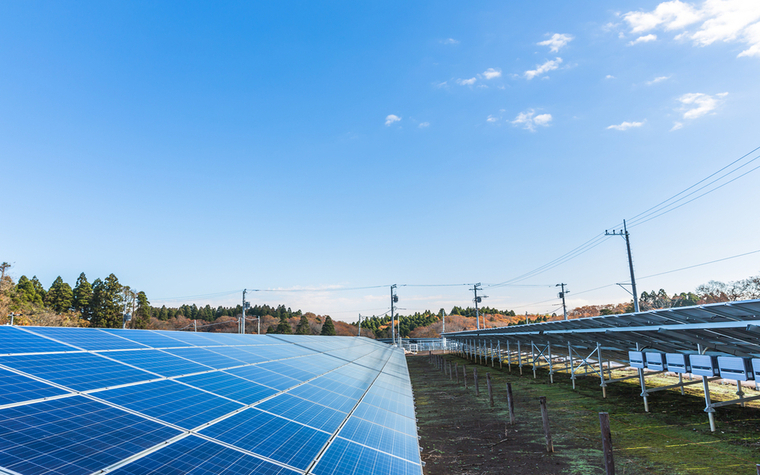A solar farm proposed west of Troy drew a crowd of approximately 60 to a mid-May Bell County Commissioners Court public hearing in Belton.
More than 20 local residents signed up to speak, and according to an article published in The Texan, many speakers opposed the creation of a reinvestment zone, the first step in providing tax abatements to the proposed "Big Elm Solar" project.
Big Elm Solar is a joint project of Austin’s High Road Clean Energy and Apex Energy out of Virginia, which has leased approximately 3,000 acres in Bell County, 1,400 of which will be used for solar panels.
The project participants requested million of dollars in property tax reductions from Bell County and the Troy Independent School District.
Property owners spoke of money, and other topics of concern.
“This is all about the money that Clean Energy is promising the county and the school district,” said Robert Fleming, a property owner who would be affected. “It isn’t about right and wrong.
Another resident, Mark Wolf, voiced concerns about how the project might affect individuals’ health.
“I’m a cancer survivor and have a heart condition. We are going to be surrounded on three sides by solar panels. What is this going to do to us, our community, our neighbors?”
Two state programs directly affect solar and wind farms: counties and cities can offer abatements and school districts can provide tax limitation agreements. The tax limitation agreements under Chapter 313 of the tax code must go through the state comptroller’s office before school districts can finalize the agreements. Before that occurs, the local government must set up a tax reinvestment zone where the property is located.
Many individuals opposed tothe solar farm were concerned about stopping the tax abatements.
“I don’t have an issue with the other landowners,” said Brian Reynolds. “The people that are doing this may be having issues, perhaps they don’t want to farm forever, or they don’t have people in their family to take over. I get it. I have concerns about the tax abatement,” he continued. "A lot of the money the developers get to do this comes from federal subsidies, so I’m already paying an abatement there. Now I’m being asked to do it on the county level as well. If they want to be a part of the community they should pay the same taxes everyone else is paying.”
After the commissioners’ discussion of the tax abatements, County Commissioner Bill Schumann moved to table the discussion of the tax abatements for the time being.
But the discussion is not over.

